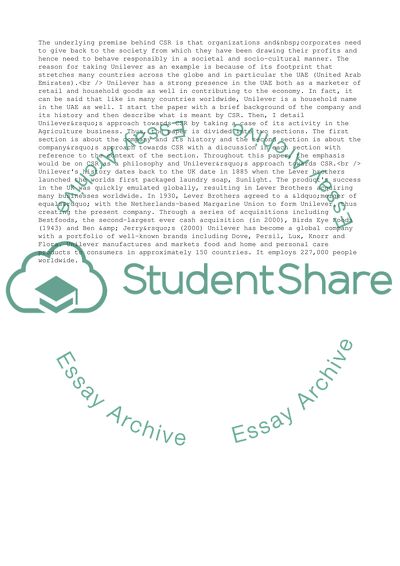Cite this document
(Corporate Social Responsibility of Unilever Case Study - 1, n.d.)
Corporate Social Responsibility of Unilever Case Study - 1. Retrieved from https://studentshare.org/management/1723910-business-report
Corporate Social Responsibility of Unilever Case Study - 1. Retrieved from https://studentshare.org/management/1723910-business-report
(Corporate Social Responsibility of Unilever Case Study - 1)
Corporate Social Responsibility of Unilever Case Study - 1. https://studentshare.org/management/1723910-business-report.
Corporate Social Responsibility of Unilever Case Study - 1. https://studentshare.org/management/1723910-business-report.
“Corporate Social Responsibility of Unilever Case Study - 1”, n.d. https://studentshare.org/management/1723910-business-report.


